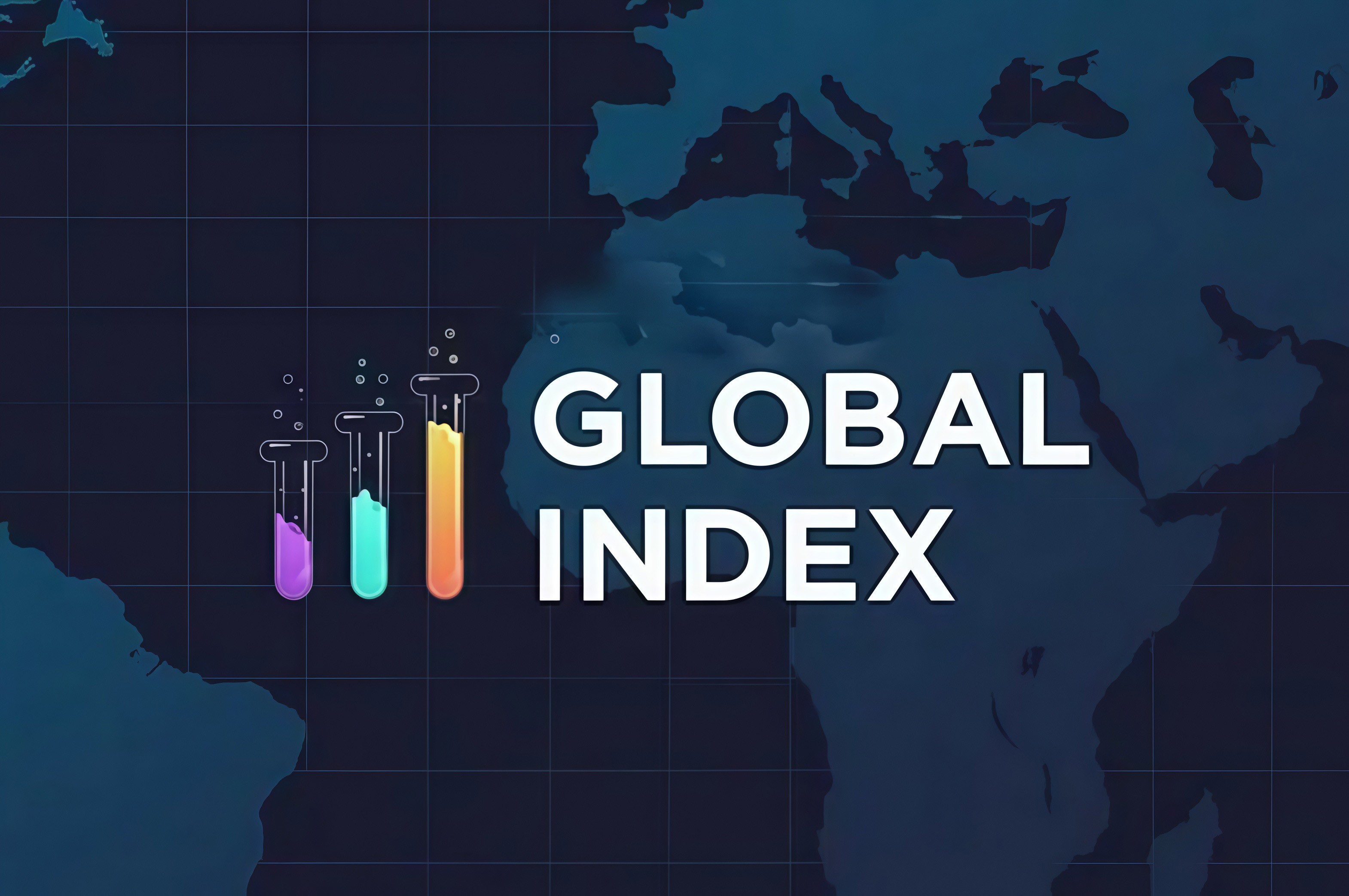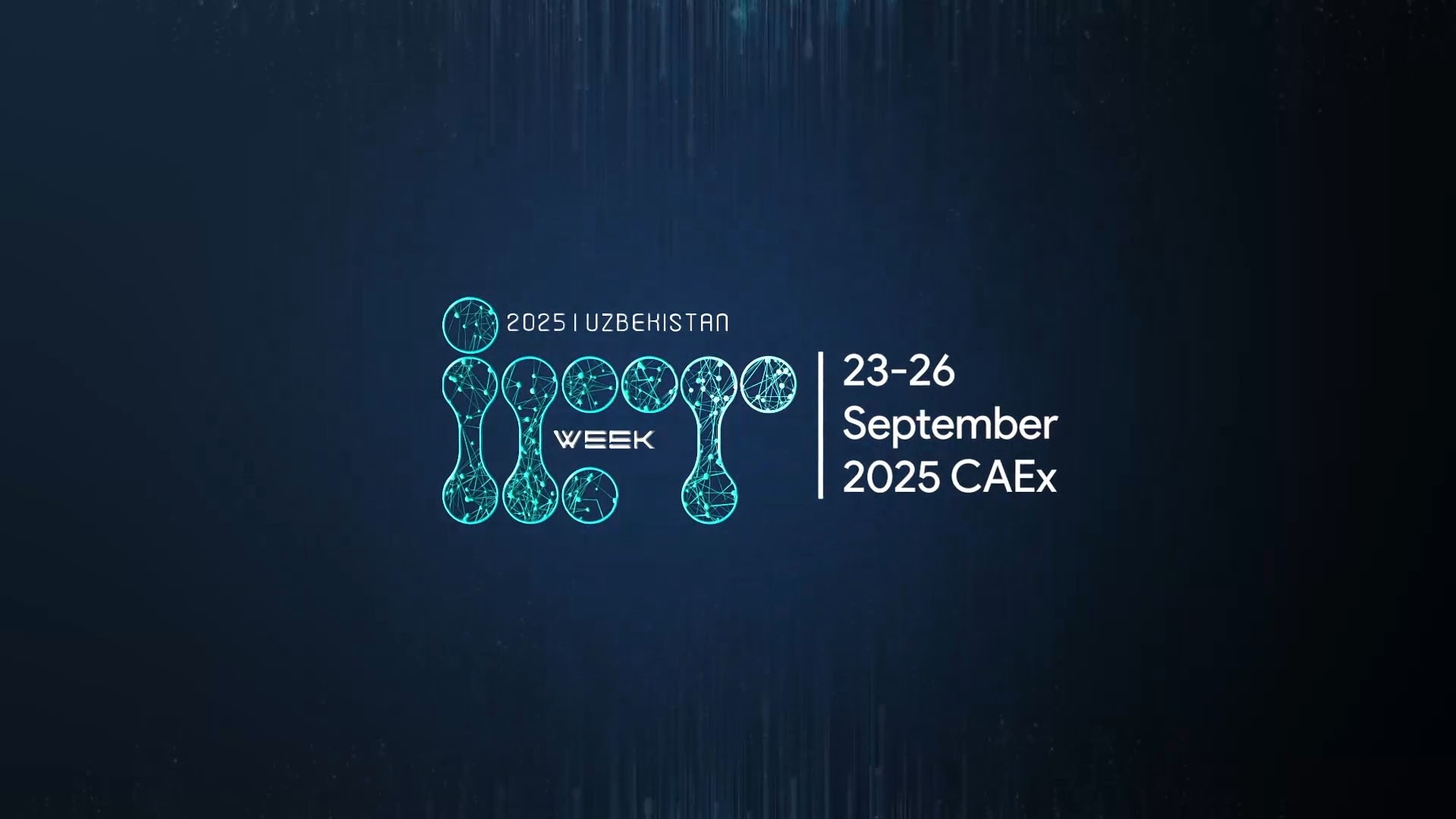The armed conflict in the Middle East, now in its second week, has had a direct impact on the strategic trade interests of Central Asian countries. The Strait of Hormuz, one of the world's key logistics hubs, has been potentially blocked, putting at risk the southern routes linking Uzbekistan and Kazakhstan to the Persian Gulf and further markets in South Asia and the Middle East.
The threat of disruption of logistics chains has forced Tashkent and Astana to urgently update their foreign trade strategies. The focus is on the Trans — Caspian International Transport Route (TMTM), the North–South road, as well as well-established northern routes through Russian and Chinese ports.
Minister of National Economy of Kazakhstan Serik Zhumangarin confirmed during closed discussions with parliamentarians that the main concern of the Government remains the stability of export logistics. In particular, we are talking about the supply of grain and other agro-industrial goods to the countries of the Persian Gulf. If the situation worsens and the land route through Iran is closed, the authorities are ready to redirect cargo flows through the Caspian Sea or by air. Despite the fact that Kazakhstan's exports through Iran totaled only $ 350 million in 2024, and $120 million in the first months of 2025, a significant increase in supplies was expected, especially after the June agreements with Tehran on the export of up to 3 million tons of grain annually.
Amid geopolitical instability, the Kazakh government is considering expanding transit through the Caspian Sea and Georgia. Additional logistics scenarios provide for the use of routes through Chinese ports within the framework of the TMTM. Despite the potential increase in transport costs, the authorities assure that a serious increase in prices for products is not expected, since most of the exports are formed in the conditions of exchange pricing.
Uzbekistan responded to the threat of a logistics crisis at the level of the head of state. President Shavkat Mirziyoyev held a meeting on risk assessment and development of measures to protect the interests of export-oriented enterprises. It is estimated that the possible increase in logistics costs may reach 30%. The main task is to speed up the coordination of alternative routes with international partners, primarily along the TMTM line and the North-South International Transport Corridor.
Experts believe that the impact of a possible blockade of Iranian ports on the economy of Uzbekistan will be limited. The main commodity flow of the republic continues to go through Russian ports (St. Petersburg, Vladivostok, Novorossiysk), as well as through China and Kazakhstan. The Iranian direction remains auxiliary and does not have a developed infrastructure. Weak rail links, port restrictions and difficulties with the payment system make logistics via Bandar Abbas more experimental than mass-scale.
According to experts, the development of sustainable routes to Iran, Pakistan and India is a matter of strategic importance, but requires capital investment, modernization of border infrastructure and long-term planning. In the short term, priority remains with the northern and trans-Caspian channels.
Analysts note that the situation in Iran remains unstable. Threats to the port and logistics infrastructure remain, especially against the background of possible attacks on oil refining facilities. Disruptions in fuel supply can affect the entire transport system of the country. At the same time, border controls are being tightened: the Iranian authorities are strengthening customs and security agencies, trying to block vulnerabilities, including corruption links previously used by foreign intelligence agencies.
The possibility of a" coalition of support " for Iran in the event of a blockade is also being discussed. Some States may consider the possibility of a temporary logistics alliance to ensure the flow of goods around the strait. But the situation remains fluid and will depend on the escalation of the conflict and diplomatic solutions in the coming months.











